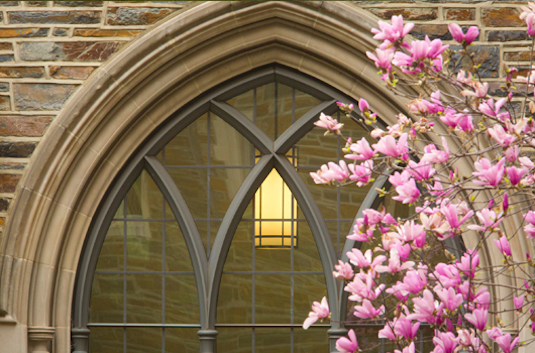C. elegans in an Evolutionary and Ecological Context: Vulva Development and Natural Pathogens

Biological processes are generally studied in the laboratory under one environmental condition and in one reference genetic background. We try to widen this horizon to answer questions on the relationship between genetic and phenotypic evolution, by placing a paradigmatic model system in developmental biology, C. elegans vulval cell fate patterning, in its evolutionary context. We study properties of robustness, evolutionary variation and evolvability of this system. Although most of the key molecular factors underpinning vulval patterning have now been identified, still very little is understood in quantitative terms. Through EGF and Notch pathway dosage modulation and single molecule FISH hybridisation, we investigated some quantitative aspects of developmental robustness and system evolution in vulval cell fate patterning. In order to develop an evolutionary and ecological framework for C. elegans, we isolate and study natural populations of C. elegans and its relatives. Several natural pathogens of C. elegans were isolated, including the first viruses that infect C. elegans or C. briggsae. A genome-wide association study of Orsay RNA virus load after infection of a worldwide set of C. elegans isolates indicates one major locus segregating in the species. We found that this major locus corresponds to a widespread deletion inactivating the homolog of vertebrate RIG-I viral sensors, thus allowing viral replication.






